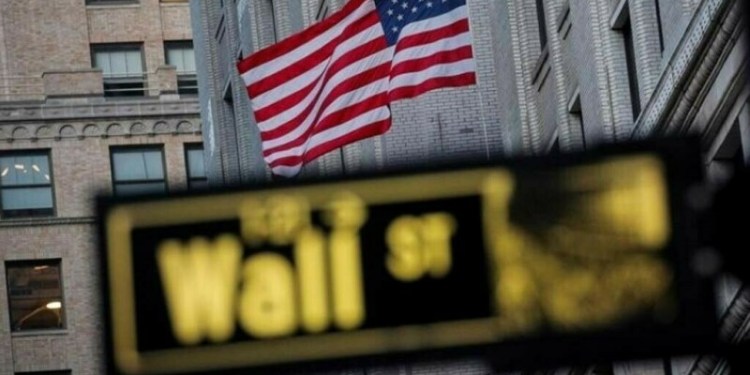LONDON: The dollar held near a one-week low against a basket of currencies on Tuesday as investors retreated to the sidelines while concerns grew about an intensifying conflict between the United States and its trade partners, particularly China.
The Chinese currency weakened to a fresh six-month low as expectations grew that Beijing will let the yuan weaken more in coming days to soften the impact of trade tariffs by the U.S.
“Currency markets are treading water at the moment because of the trade war concerns and in the near term we think the dollar may gain against the Chinese currency and other rivals,” said Alvin Tan, a currency strategist at Societe Generale in London.
Against a basket of its rivals, the dollar was broadly flat at 94.32, its lowest in nearly two weeks. So far this month, the index is up 0.34 percent.
Risk appetite was broadly muted with relatively safe-haven currencies such as the Japanese yen and the Swiss franc firmly supported, while high-yielding currencies such as the Australian dollar were on the back foot.
With the Chinese yuan in the offshore market plumbing a fresh six-month low against the dollar, Asian currencies also came under selling pressure with a widely-tracked index following the performance of Asian currencies against the dollar down 0.3 percent on the day.
U.S. Treasury Secretary Steven Mnuchin said on Monday that coming investment restrictions from the department would not be specific to China but would apply “to all countries that are trying to steal our technology.”
However, that statement was contradicted by White House trade and manufacturing adviser Peter Navarro, who said that any investment restrictions proposed by the Trump administration would target China and not other countries.
The euro edged 0.1 percent lower at $1.1696, extending its recovery from its 11-month low of $1.1508 touched on Thursday.
Still, the single currency remains vulnerable to regional political instability as German Chancellor Angela Merkel faces pressure to deal with the migration issue that has divided Europe and threatened her own government.
“The ongoing political angst in Europe also has contributed to risk-off market sentiment,” said Kengo Suzuki, chief forex strategist at Mizuho Securities.
Source: Brecorder


























